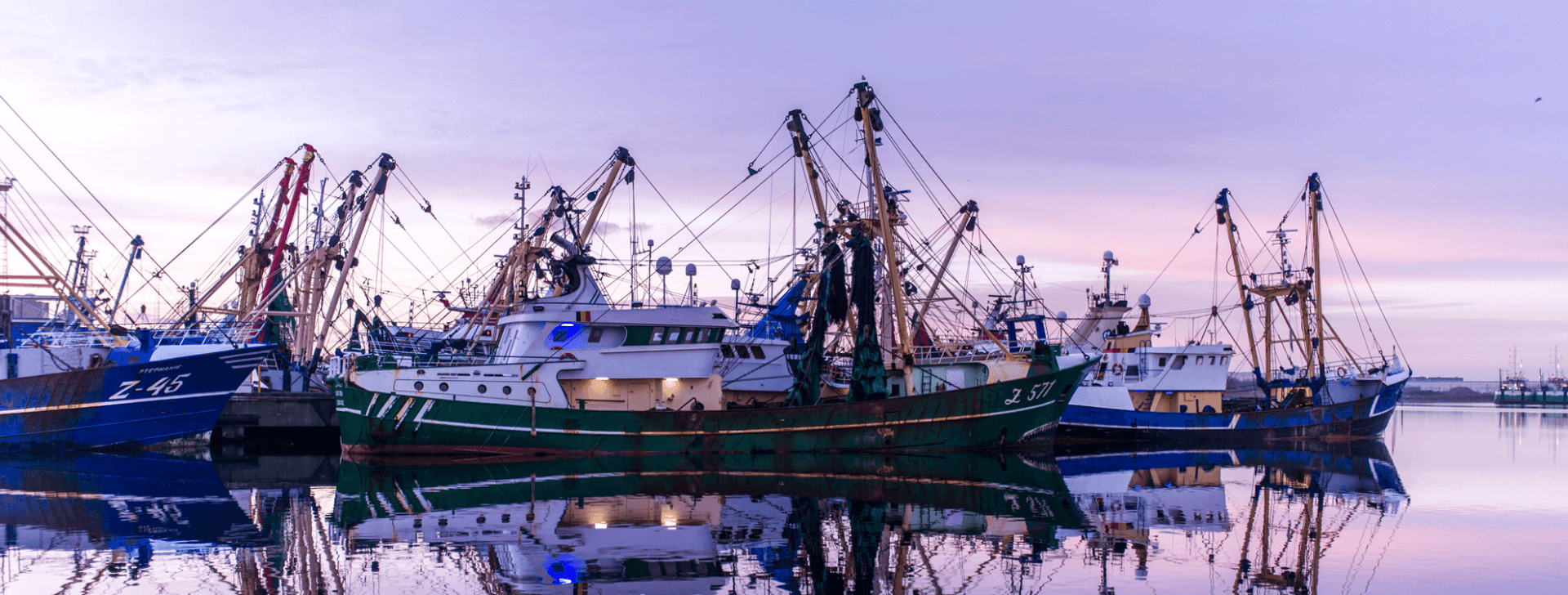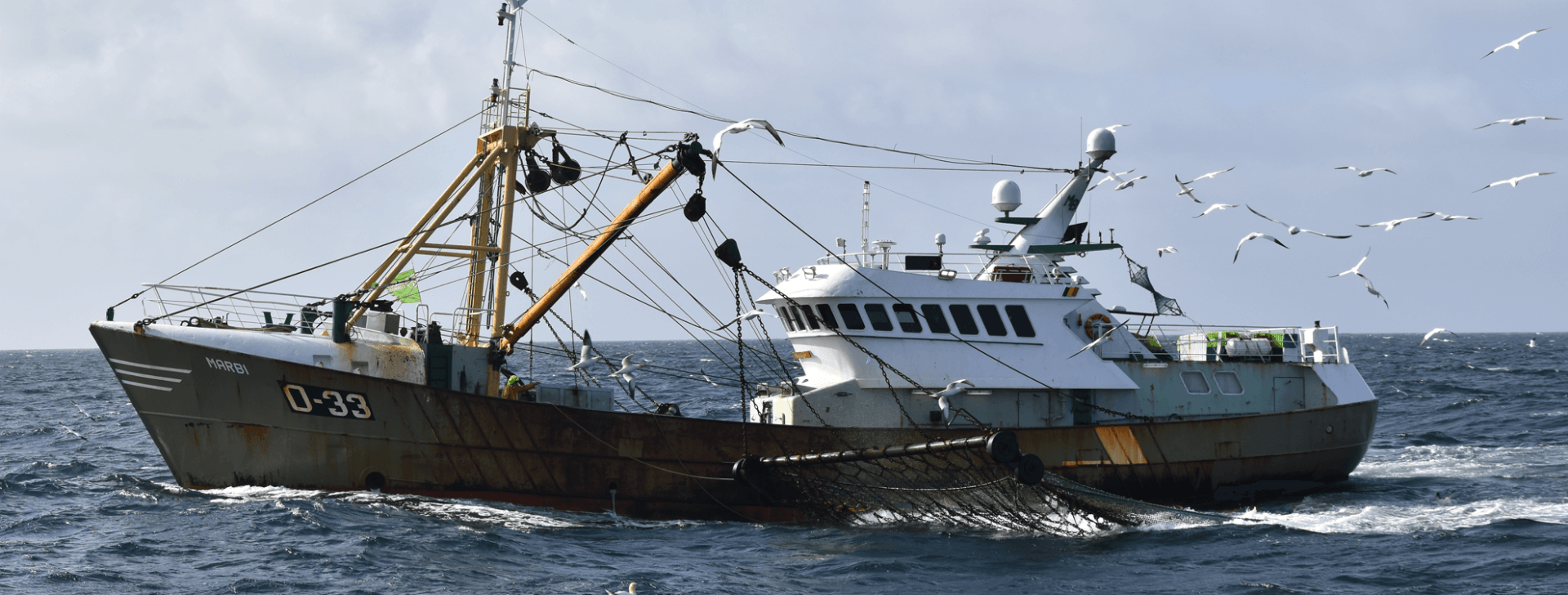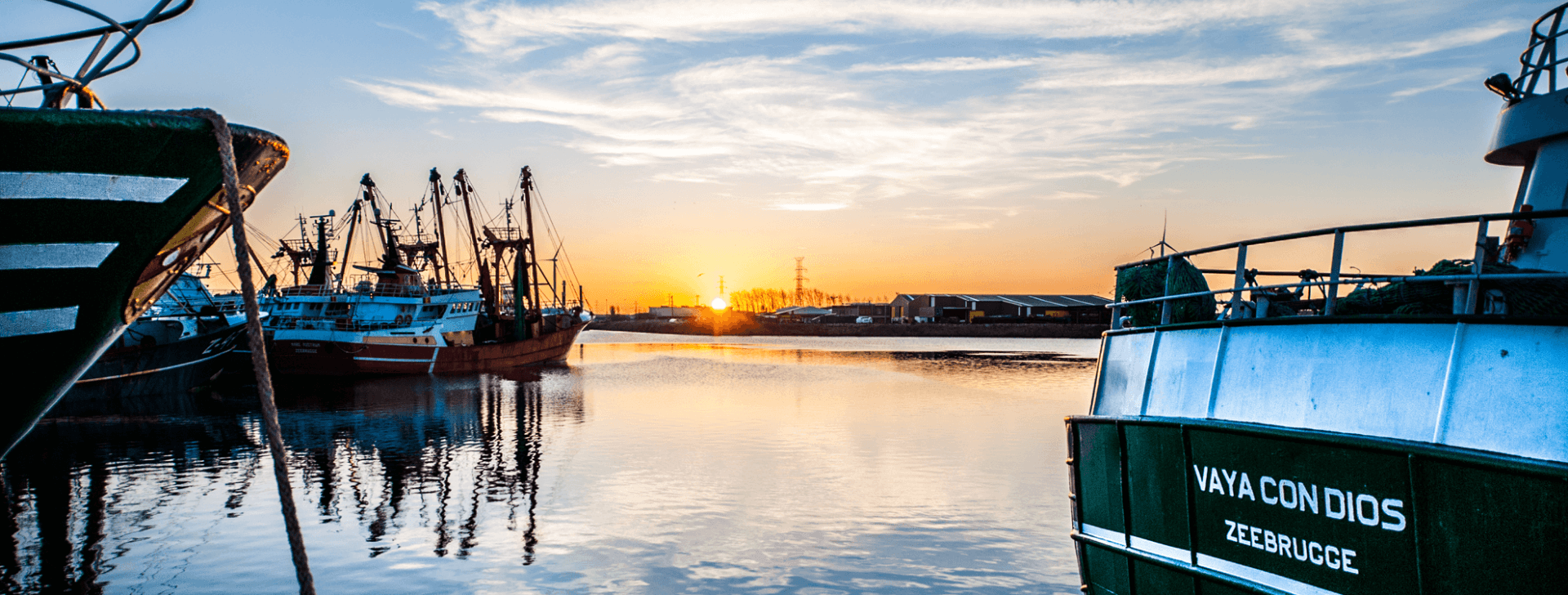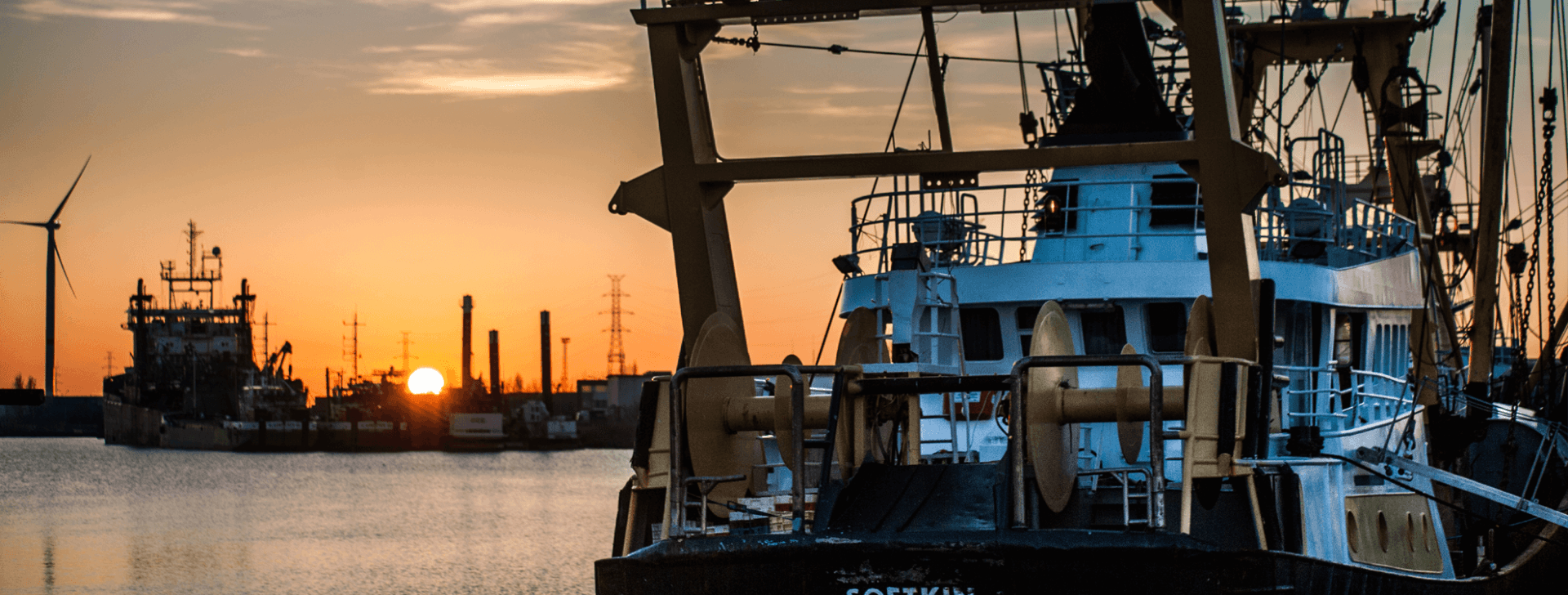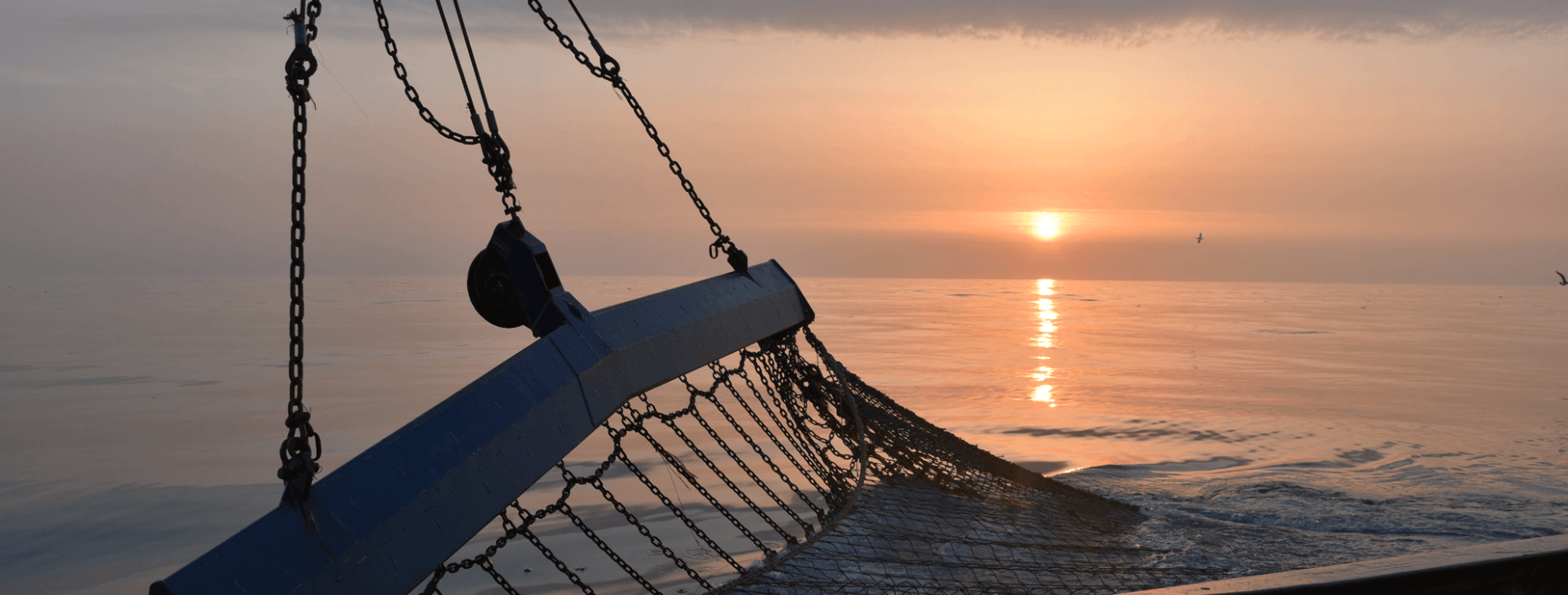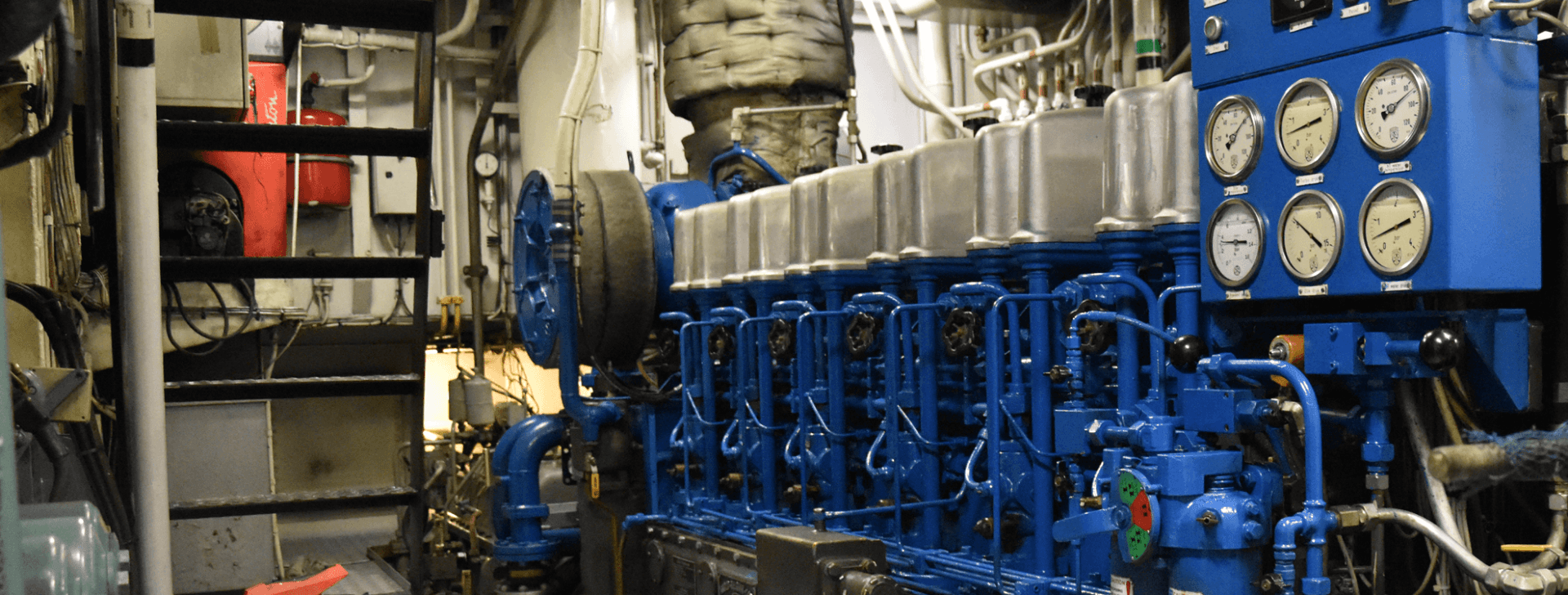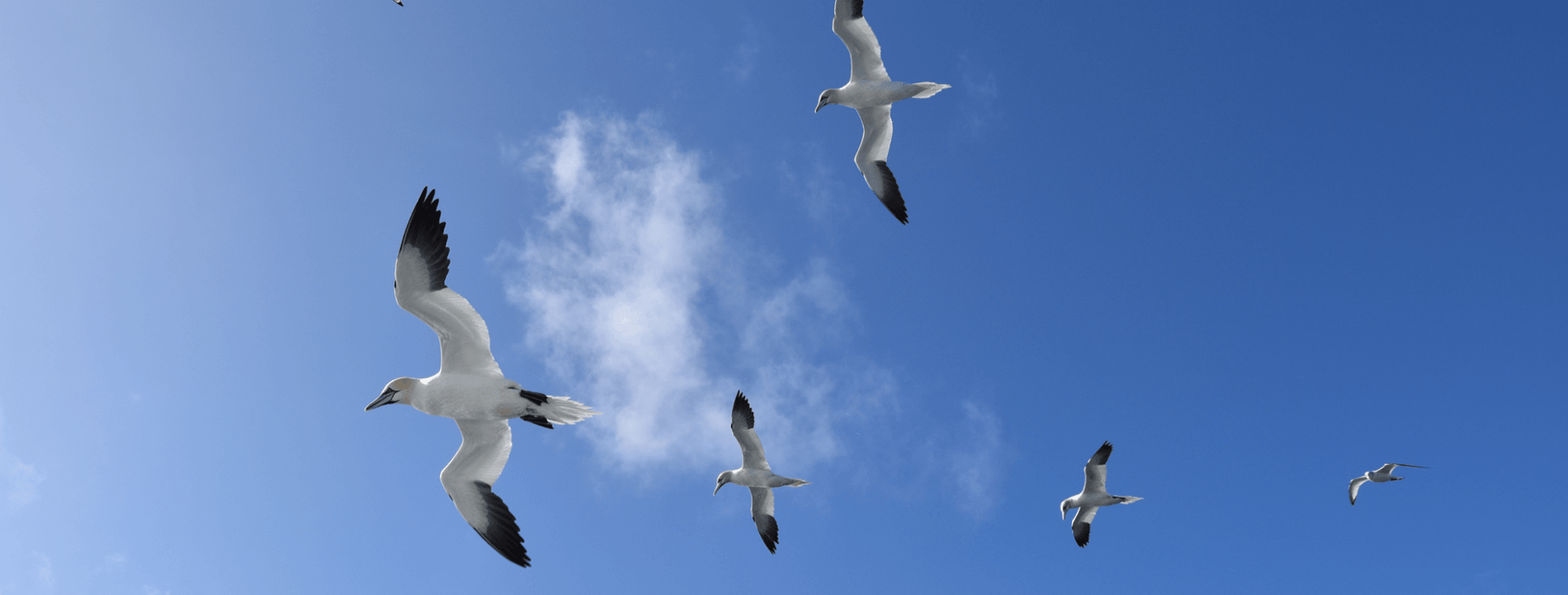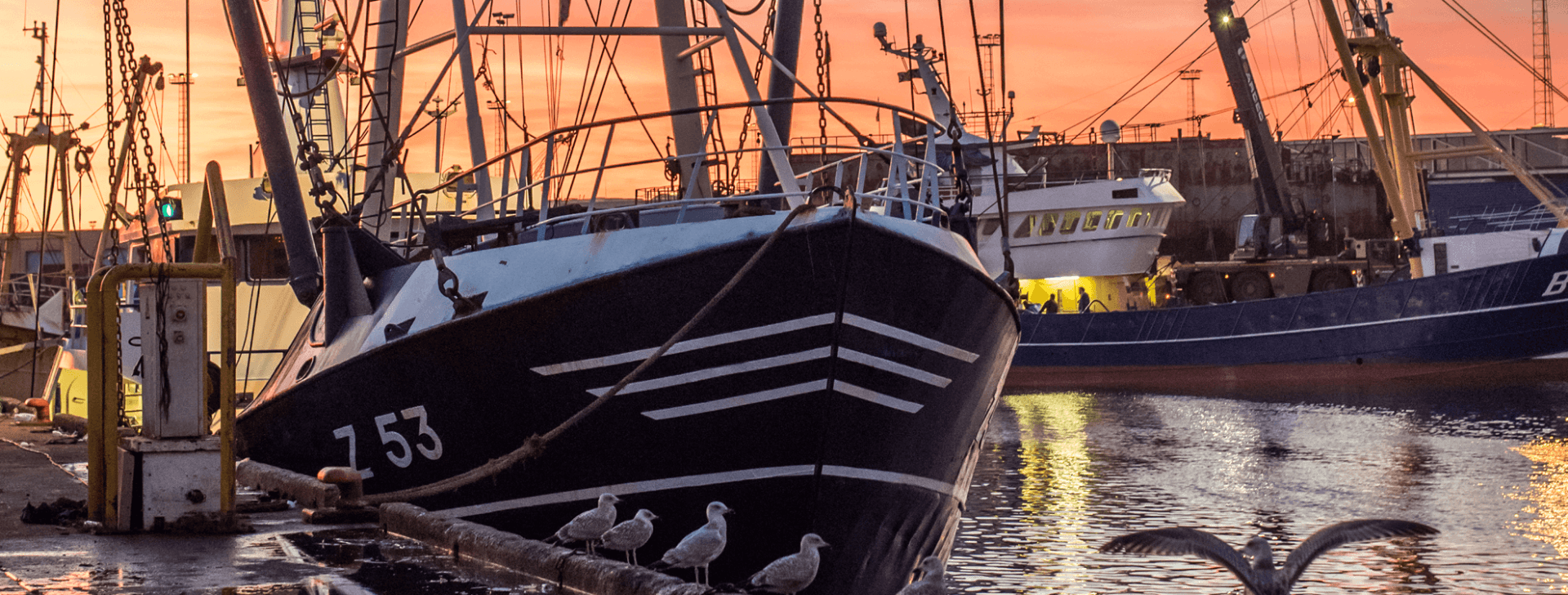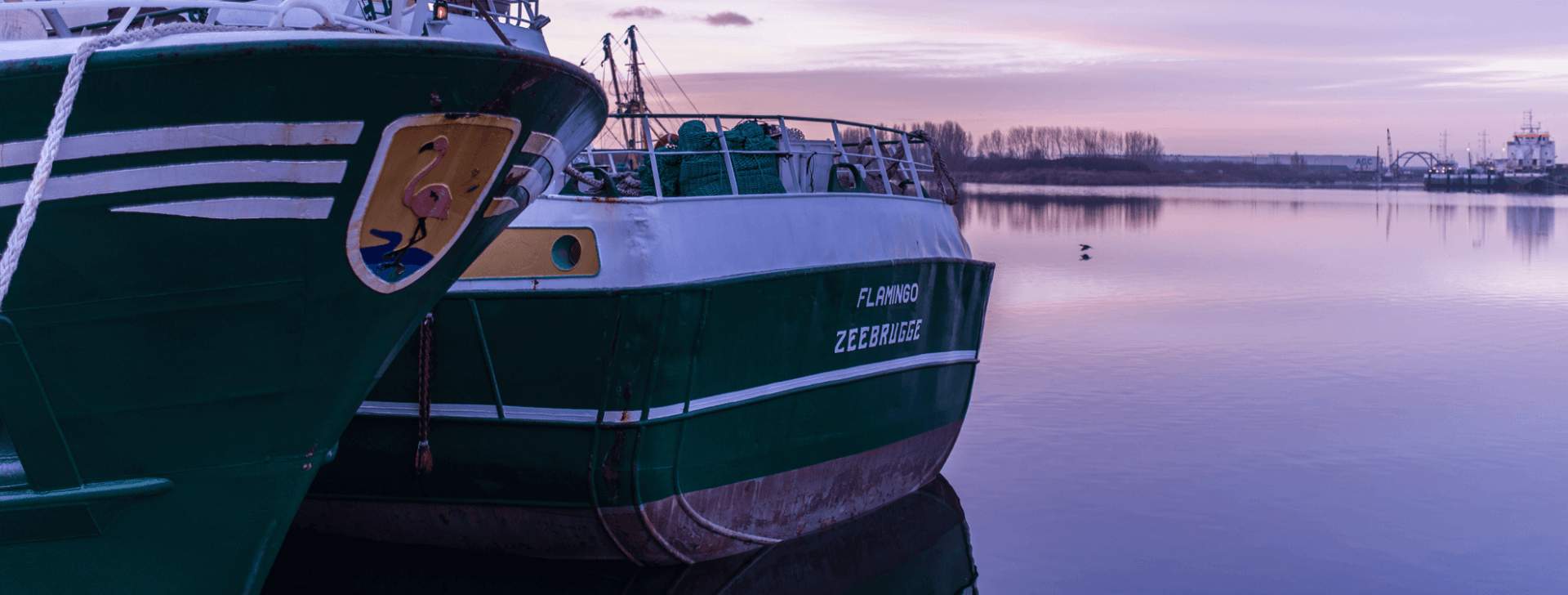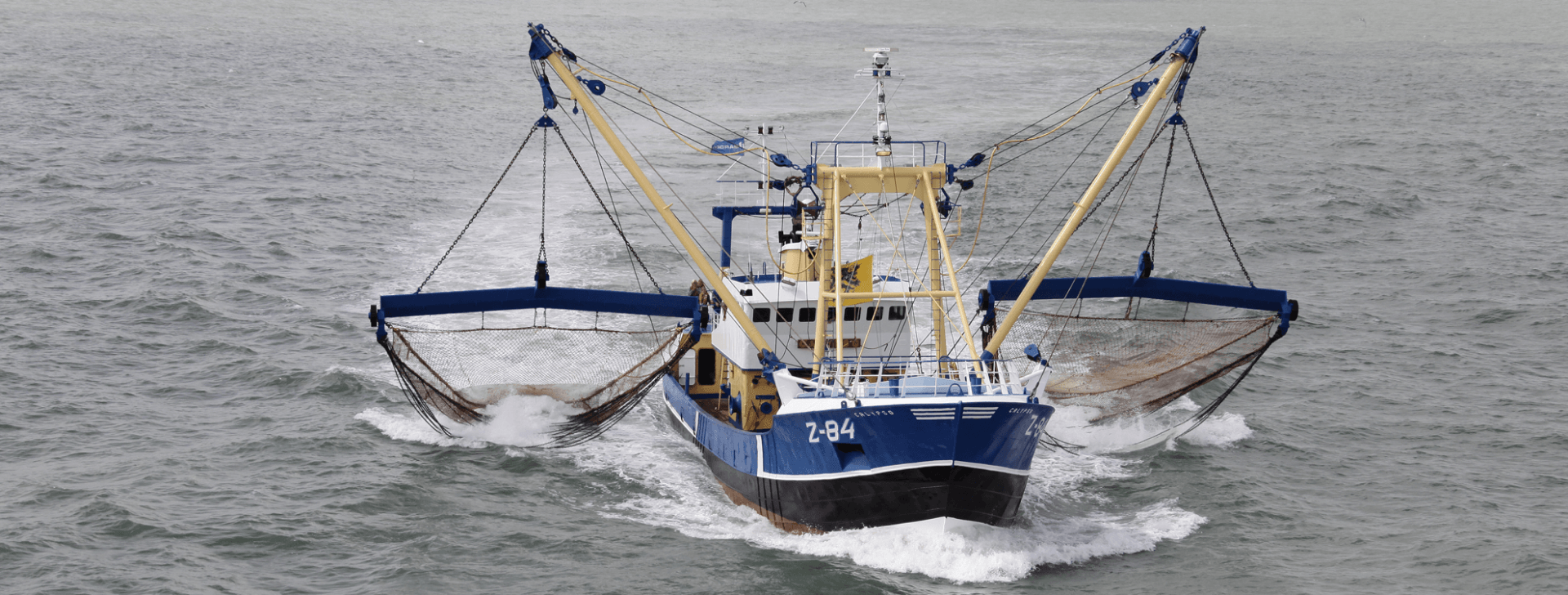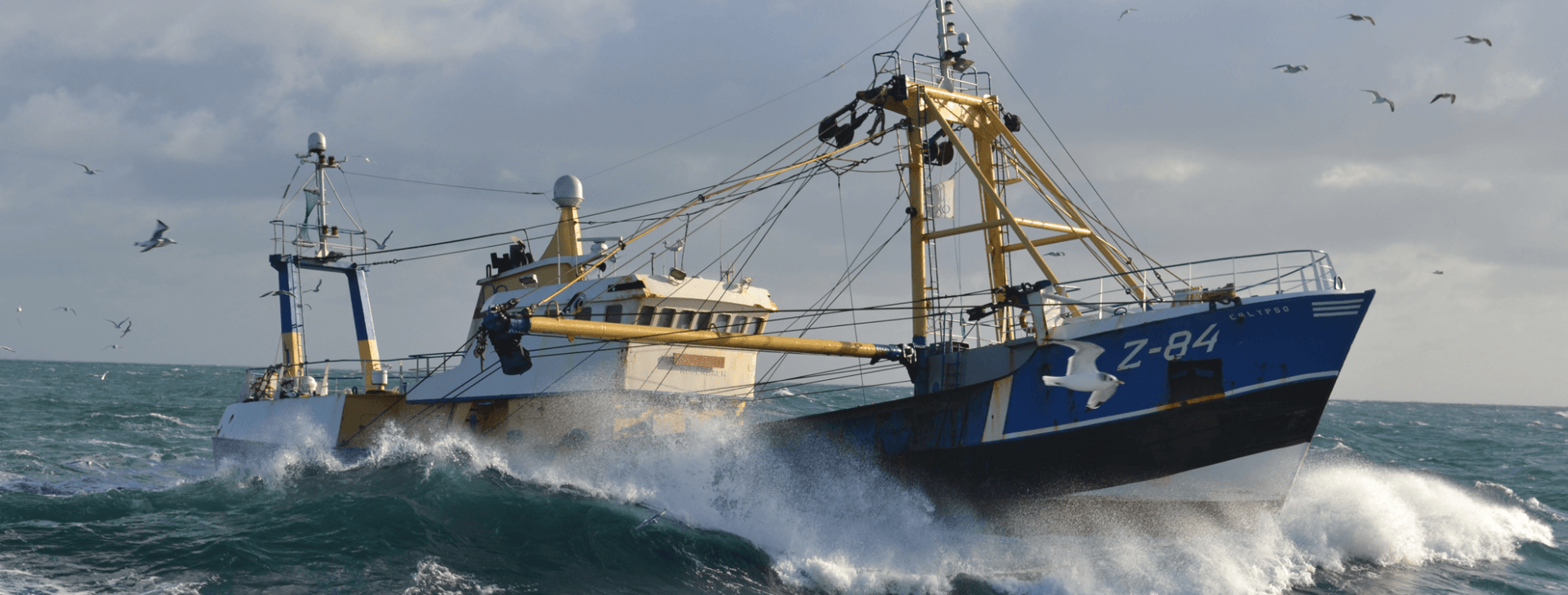- december 12, 2024
- Category: Persbericht
Joint Statement Spatial Squeeze - Mid Channel Conference
The fishing sectors of the United Kingdom, France, Belgium, and the Netherlands have come together to address a pressing challenge: the increasing spatial pressure in shared maritime areas. Les secteurs de la pêche du Royaume-Uni, de la France, de la Belgique et des Pays-Bas se sont réunis pour relever un défi urgent : la pression spatiale croissante dans les aires marines protégées.
Joint Statement Spatial Squeeze - Mid Channel Conference
Mid Channel Conference – Ostend – 12 December 2024
As representatives of the fishing industries from the UK, France, Belgium, and the Netherlands, we have convened at the Mid Channel Conference at which an agenda item was added to address the escalating issue of spatial squeeze in our shared maritime waters. This conference, originally initiated by the fishing sectors of our respective nations in the 1980s, has long been a platform for fostering cooperation, understanding, and practical solutions to common challenges. This year, hosted by Rederscentrale, our focus has been particularly drawn to the issue of maritime spatial planning and the profound impact it is having on our industry and communities.
In recent decades, Channel waters have seen a significant rise in the need for space between various sectors, including offshore wind farms, transportation, tourism, and the establishment of Marine Protected Areas (MPAs). While we recognize the importance of these developments, the rapid expansion and limited coordination have increasingly squeezed the space available for fishing activities. This is of particular concern because fisheries play a crucial role in ensuring food security, and the livelihoods of many people across our nations, particularly in coastal communities and those active along the entire seafood value chain.
The fishing industry already is subject to many regulations, fishing only in areas where it is permitted. However, with each passing year, the space where fishing is allowed is diminishing, raising serious concerns about the sustainability of our operations and the potential over-concentration of displaced fishing efforts within those areas remaining. Such a concentration risks not only the economic viability of the industry, and thus the available space for marine food production, and the localised depletion of fish stocks but also increased pressure to the marine environment, contradicting the very goals – to which the fishing industry is also dedicated - that spatial planning and conservation efforts seek to achieve.
Concerns Regarding Offshore Windfarms and Renewable Energy Projects
We acknowledge the critical need for renewable energy to combat climate change. However, the current pace of offshore windfarm development, often executed with insufficient consideration of its broader impacts, poses significant challenges for our sector. These installations not only reduce the space available for fishing but also introduce safety risks for our vessels and other marine users. Moreover, the potential side effects of these projects on marine ecosystems and fish distribution have not been adequately studied or mitigated, affecting our ability to operate in the remaining open waters.
Knowledge Gaps and Industry Contributions
The fishing industry is often expected to bridge scientific knowledge gaps, particularly regarding the environmental impacts of our activities. Despite this, our contributions and expertise are frequently overlooked in decision-making processes. We emphasize that our industry has invested considerable resources in research and innovations aimed at reducing our environmental footprint. Studies, such as the one published by UNCTAD, highlight that fishing vessels contribute only a small fraction of global CO2 emissions and that fish production has a lower carbon footprint compared to other animal proteins. Nevertheless, we are committed to further minimizing our impact through ongoing innovation and collaboration. In turn, we ask that these efforts are recognized and are taken into account in the marine spatial planning processes of our various nations.
Towards Integrated Marine Spatial Planning
To address the challenges of the spatial squeeze, we advocate for an integrated approach to marine spatial planning. This approach should prioritize multi-use of marine spaces, allowing for the coexistence of different activities, including sustainable fishing, renewable energy, and conservation.
Key recommendations include:
- Regional and International Considerations: Marine spatial planning should consider the spatial distribution of different fishing fleets across national borders and analyse the displacement of fishing activities, recognizing the cumulative impact of spatial restrictions at both regional and sea basin levels. This requires a coordinated approach that transcends national boundaries and acknowledges the shared nature of our maritime resources.
- Meaningful Consultation with the Fishing Industry: Actively engage the fishing industry in all stages of marine spatial planning. Fishermen’s knowledge and experience are invaluable and should be fully recognized and integrated into decision-making processes.
- Innovations for Multi-Use: Invest in and support innovations that enable the co-location of fishing activities with other marine uses, particularly in areas designated for renewable energy and conservation. We have to take safety issues into account which is one of the main reasons why fishers avoid offshore windfarms. Therefore these areas are affectively closed for the duration of its lifespan, not just the development phase.
- Rethinking Exclusion Zones: Reconsider the complete exclusion of fishing activities from Marine Protected Areas. Certain types of sustainable fishing are compatible with conservation goals, allowing for more efficient use of marine space.
- Assurance around decommissioning: Assurance should be given that at the end of a windfarm’s operational lifespan the site will either be fully decommissioned (including the removal of all subsea infrastructure) or repowered with new turbines. This will ensure that fishing grounds are not lost in perpetuity once a wind farm is designated, which will help to ease the pressures of spatial squeeze once decommissioned sites are reopened to fishing.
As we move forward, it is crucial that the fishing industry’s voice is not just heard but listened to and acted upon in marine spatial planning and for associated developments in the marine space. The challenges we face are complex, but through collaboration, innovation, and a commitment to sustainable practices, we can find solutions that ensure the health of our oceans, the sustainability of our fisheries, and the security of our food supply.
We, the representatives of the fishing sectors from the UK, France, Belgium, and the Netherlands, stand united in our commitment to these principles and urge all stakeholders to work with us towards a balanced and equitable use of our shared maritime spaces.
= Ends=

